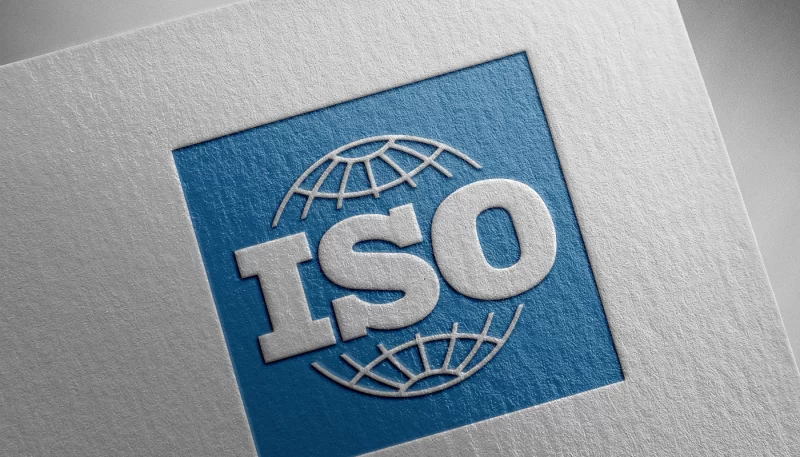Maintaining the best levels of patient care quality in a healthcare environment is crucial. Healthcare firms always struggle to ensure patient safety, enhance overall healthcare services, and improve operations. Herein lies the role of ISO 9001 compliance, which presents a methodical strategy for achieving excellence in healthcare service. In this blog, we will dig into the relevance of ISO 9001 compliance in healthcare, looking at how an ISO 9001 Course and the ISO Quality Standards may benefit healthcare facilities by improving patient care, streamlining processes, and encouraging continual development.
Patient-Centric Methodology
The construction of a patient-centric approach is one of the main advantages of ISO 9001 compliance in healthcare. Patients’ wants and expectations are central to healthcare providers’ operations when they complete an ISO 9001 course. By doing this, companies may foster an environment where client input is valued as a tool for refining services and guaranteeing client happiness.
Management of Risk
Additionally, ISO Quality Standards give healthcare businesses a defined framework for identifying, evaluating, and managing risks. Compliance with ISO 9001 facilitates the identification of possible hazards and the implementation of preventative actions to reduce them in a field where patient safety is of utmost importance. This increases the general dependability and regularity of healthcare services while protecting patients.
Effectiveness and Efficiency
Healthcare requires efficiency and effectiveness, and ISO 9001 compliance helps to achieve these objectives. Using ISO Quality Standards, healthcare institutions may improve resource allocation, streamline operations, and decrease waste. As a consequence, resources are better used, and costs are reduced, which may then be reinvested in patient care.
Continual Development
Adherence to the continuous improvement tenet is one of the main components of ISO 9001. Professionals in the healthcare industry may create continuing improvements in their businesses by taking an ISO 9001 course to gain the information and skills they need. Healthcare professionals may stay on the cutting edge of medical innovation and guarantee that their patients receive the finest treatment by routinely assessing and upgrading systems.
Patient Security and Observance
Healthcare organisations place a high importance on patient safety, and ISO 9001 compliance fits in perfectly with this goal. Healthcare institutions may create effective processes for infection control, medicine delivery, and patient record-keeping by complying with ISO Quality Standards. These standards not only make mistakes less likely, but they also guarantee that any possible problems are dealt with right away.
Regulatory Conformity
The function it plays in obtaining regulatory compliance is another important benefit of ISO 9001 compliance in the healthcare industry. Healthcare firms frequently have to comply with strict regulatory obligations, and ISO Quality Standards offer a well-organised framework for doing so consistently. This lowers the possibility of non-compliance, which may result in problems with the law and harm to one’s reputation.
Reputation and marketability
Additionally, for healthcare providers, ISO 9001 compliance may be a potent marketing tool. Patients and their families are becoming increasingly concerned about the calibre of the medical treatment they get. Being ISO 9001 certified shows a dedication to quality, safety, and ongoing progress, which can inspire patients’ trust and draw in new patients. In a crowded healthcare industry, it may also be a helpful distinction.
Conclusion
A key component of providing patients with high-quality treatment is ISO 9001 compliance in the healthcare industry. Healthcare firms may create a culture of excellence, prioritise patient safety, and promote continuous development by enrolling in an ISO 9001 course and embracing ISO Quality Standards. This improves the general standard of healthcare services, lowering costs, complying with regulations, and improving patient happiness. Implementing ISO 9001 compliance offers an organised route to providing the best levels of care to those who need it most: the patients, in an era where the expectations of healthcare professionals are constantly rising.
